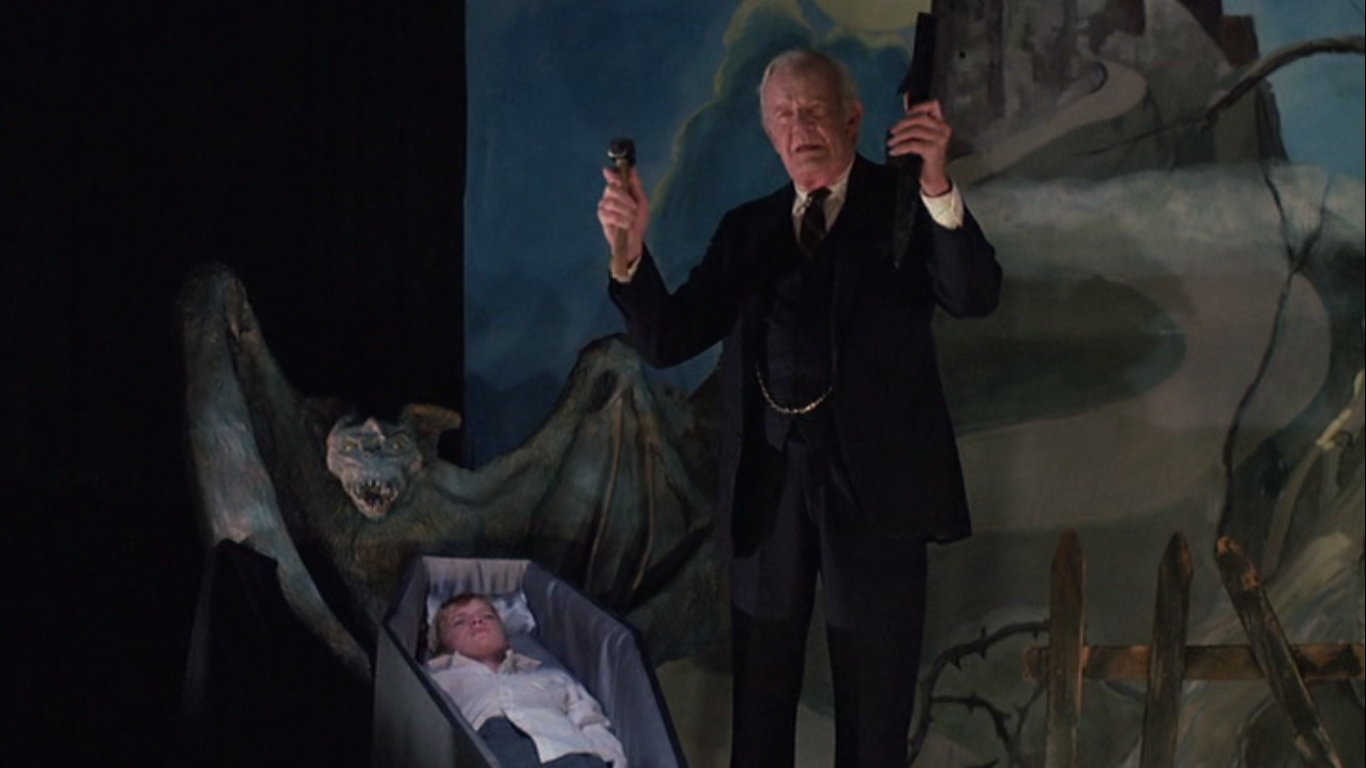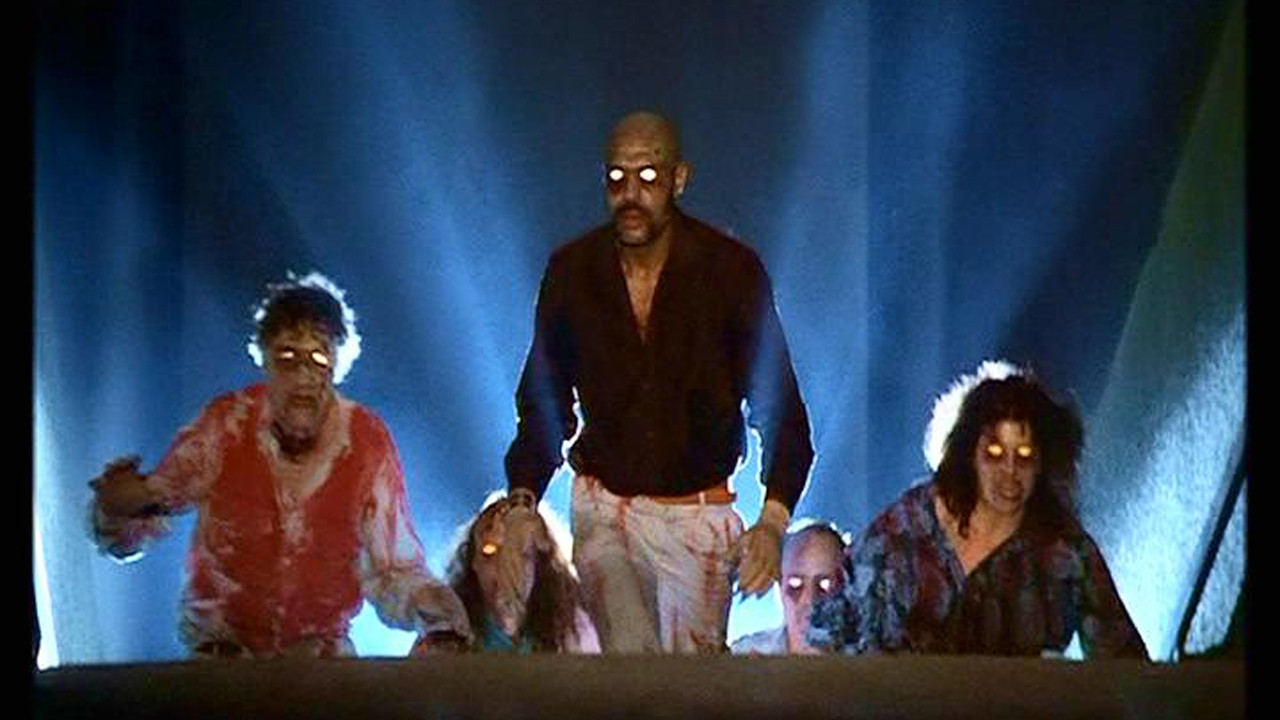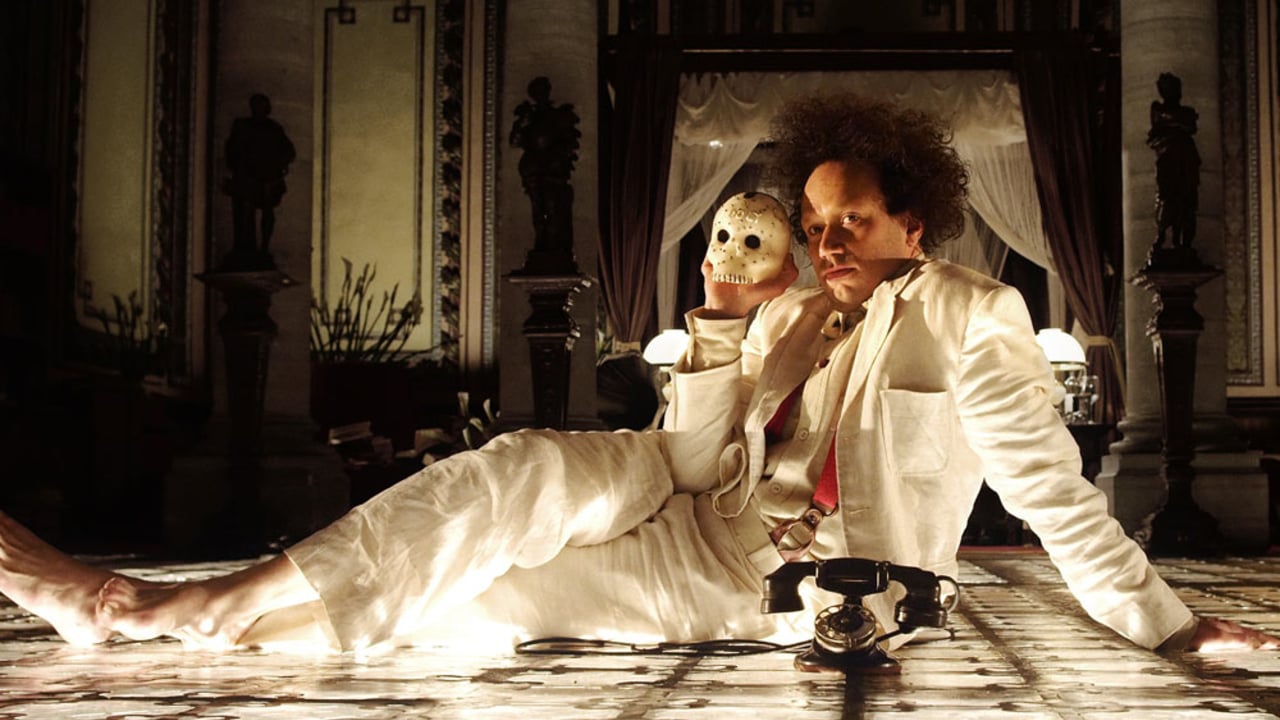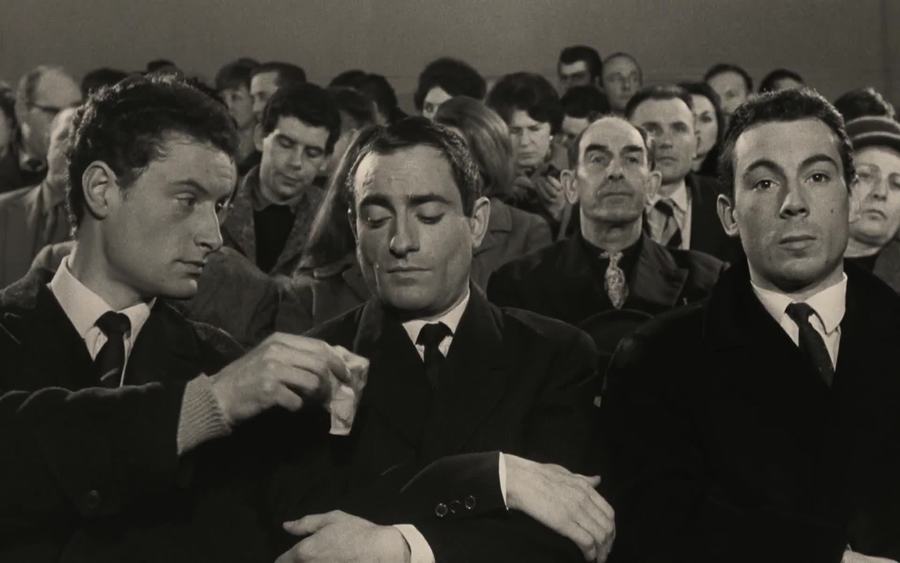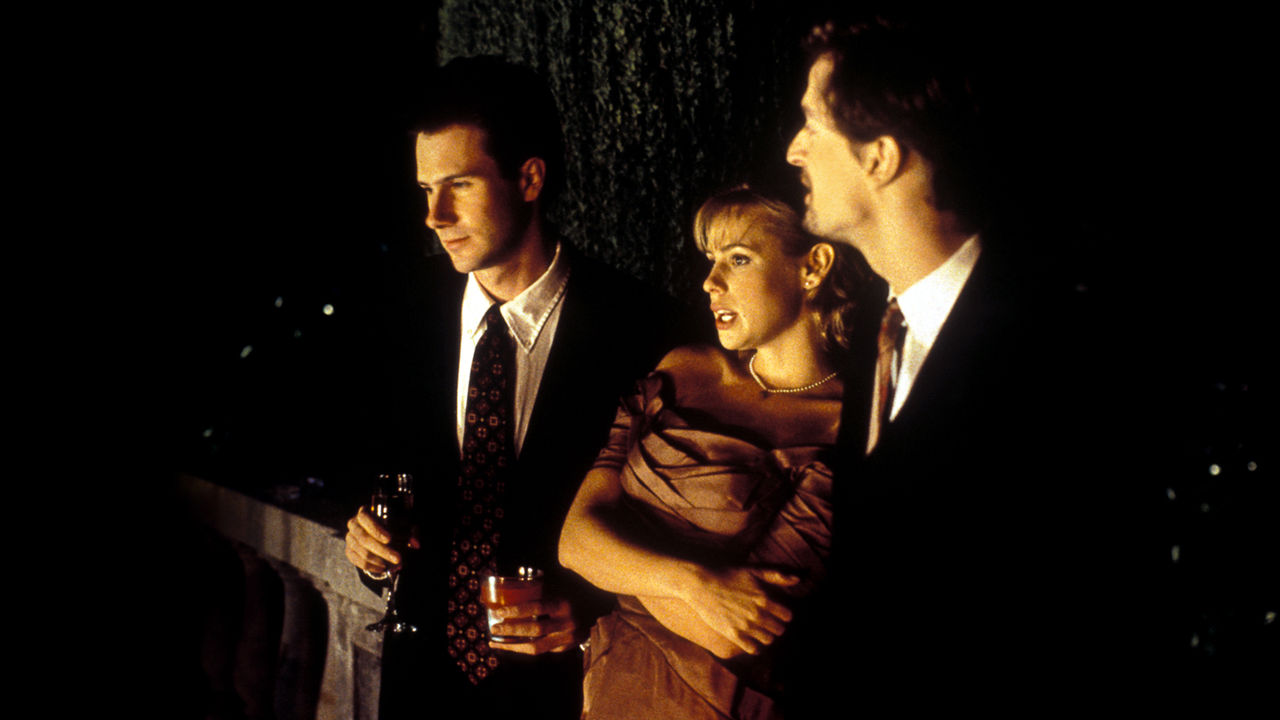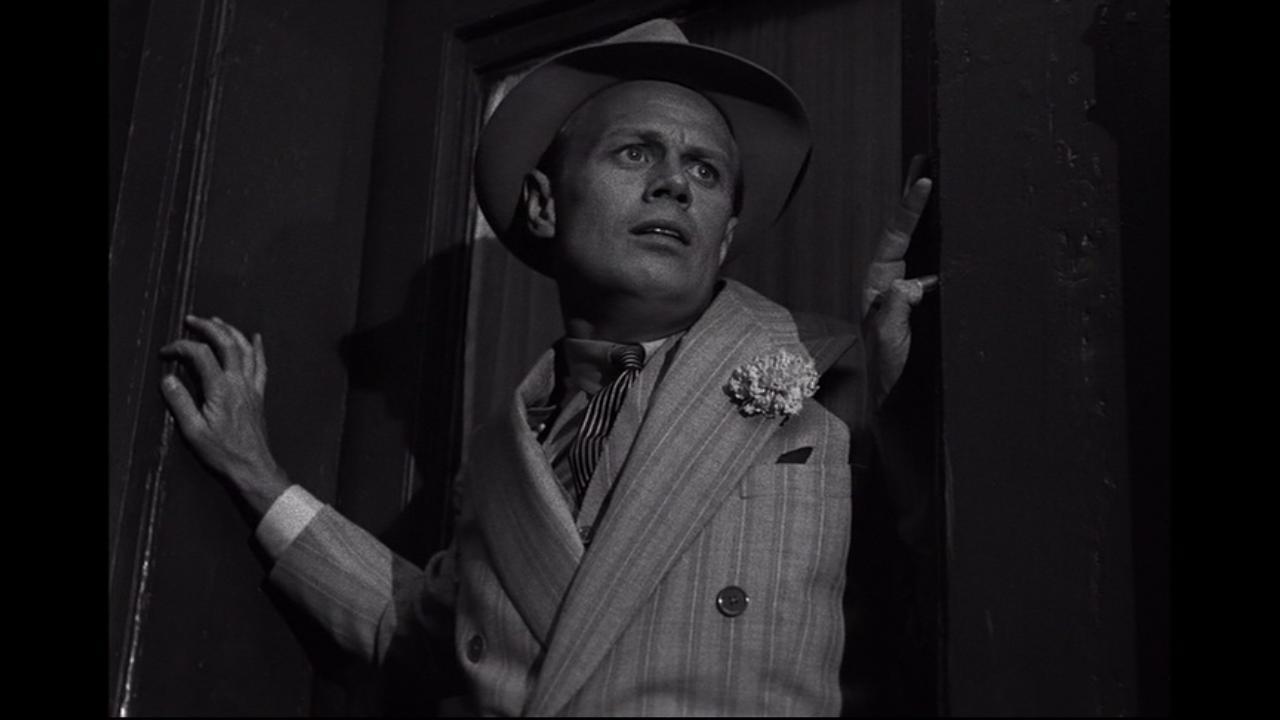The month’s half-over, but there’s plenty of time left for October horror. (Or so I reassure myself, as I watch my horror friends’ lists spiral into the dozens, as they report back from 24-hour scare-a-thons, and generally act like a bunch of goddamn lunatics with weird time-management skills and no regular jobs!
Sam and Rick
As in many corners of the internet, October is horror movie country here at Luddite Robot. For the past two years, we’ve tried to be rigorous about following a movie-a-day Shocktober regimen, with categories for inclusion and various bells and whistles.
Peter Greenaway has long been an arthouse staple, his background in painting evident in nearly every carefully considered frame. His cockeyed narratives (along with their ubiquity of actual cocks) have made him celebrated and divisive in equal measure, and Eisenstein in Guanajuato is arguably the British auteur at his most divisive, and definitely his most breathless.
A few highlights from our movie-watching week.
As Long As You’ve Got Your Health (1966)
Pierre Etaix was nearly left out of cinema history, thanks to a long-ago disastrous contract dispute, but has steadily clawed his way back from the margins — with some help from Criterion, not to mention the legions of fans and admirers who petitioned to end the decades of legal wrangling over his films’ distribution.
Paul Schrader’s bracing, bruising First Reformed is the filmmaker’s most urgent offering in years, and one of 2018’s best. A warped retelling of Bresson’s Diary of a Country Priest filtered through Schrader’s trademark fixations, First Reformed focuses on something curiously absent from contemporary stories, even as it animates many moments of our public and private lives: despair at climate change, and almost paralyzing anxiety over the world we leave behind.
Like most movie enthusiasts, we watch more films than we ever have time or occasion to single out for longer, more in-depth discussion. Rather than cobbling together, as we have in the past, lists of currently streaming titles — there are plenty of astute critics already doing a wonderful job at this uniquely pain-in-the-ass endeavor — we’ve decided to just assemble some highlights from our week.
On several occasions in Eliza Hittman‘s shimmering, woozy Beach Rats, Frankie (Harris Dickinson) insists, “I don’t know what I like.”
It rings false — Beach Rats is a catalog of desires, a kind of aesthetic carnival of lazy afternoons near the water, glistening skin, boardwalk trysts, neon clubs (which reminded me of Hittman’s excellent 2011 short Forever’s Gonna Start Tonight), desperate fumblings between bodies in secluded spaces, fireworks — but there’s an element of truth to it.
I remember talking to someone online about Baumbach’s Kicking and Screaming, and being unsurprised that they didn’t like it. Like most of Baumbach’s movies, the protagonists are selfish and self-centered, the plot is aimless, and the women often feel like miraculous creatures for their quirky men to earn with small tokens of maturity.
In some ways, Jules Dassin’s Night and the City (1950) is an unlikely noir, which (along with an icy reception at the time from critics) might help explain why it’s not the first example of the genre that springs to mind — no femme fatale, no particular mystery, no play-by-play heist gone wrong, a curious fixation on wrestling, of all things.

